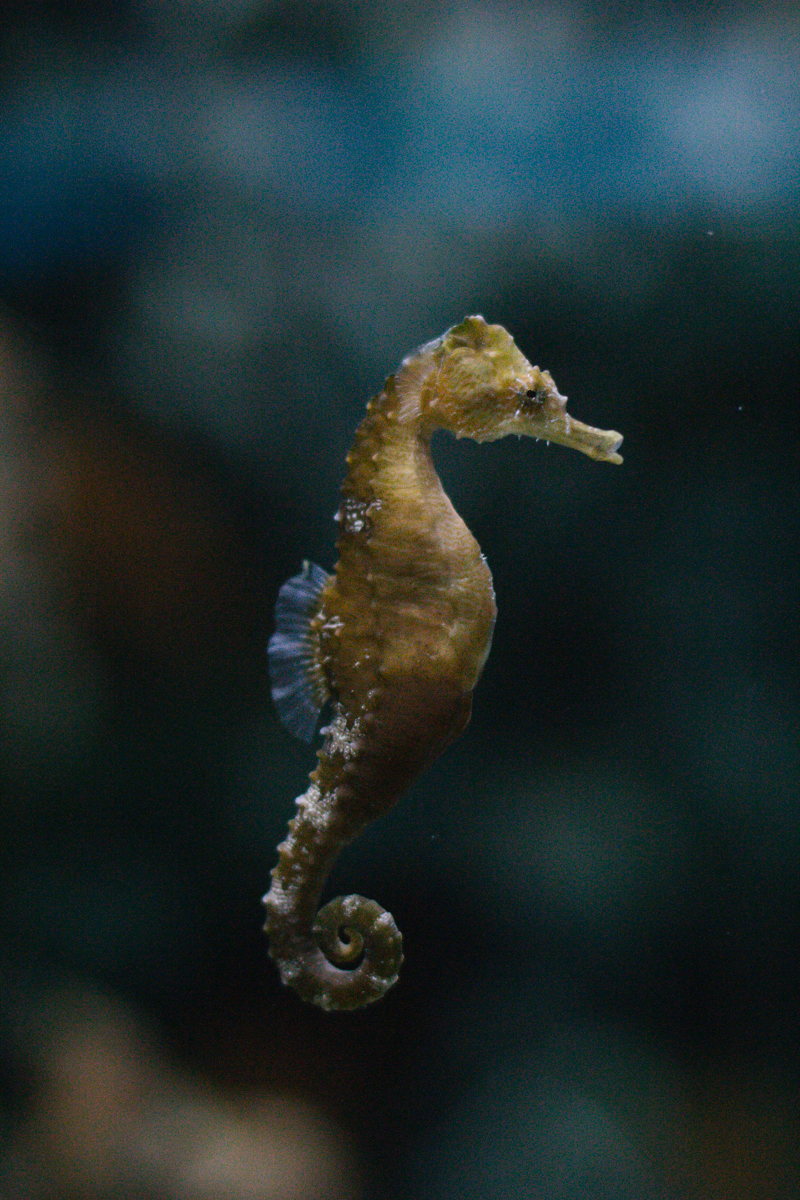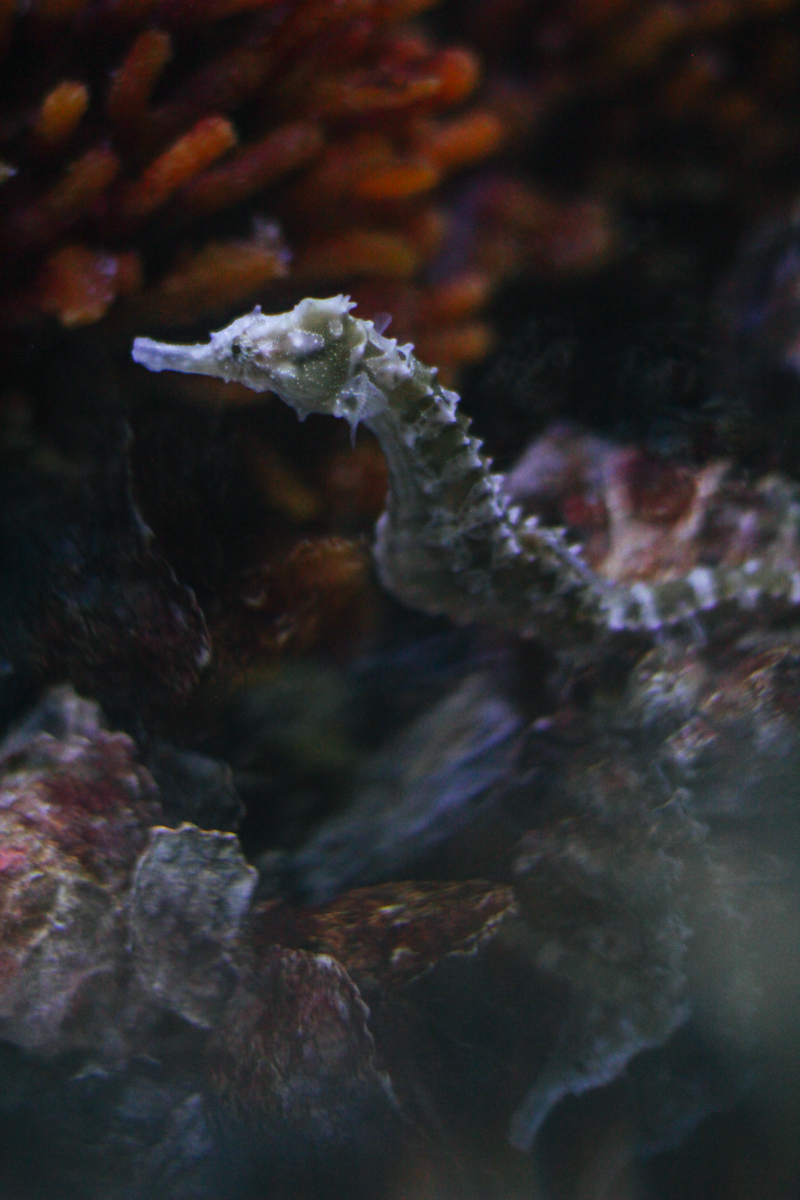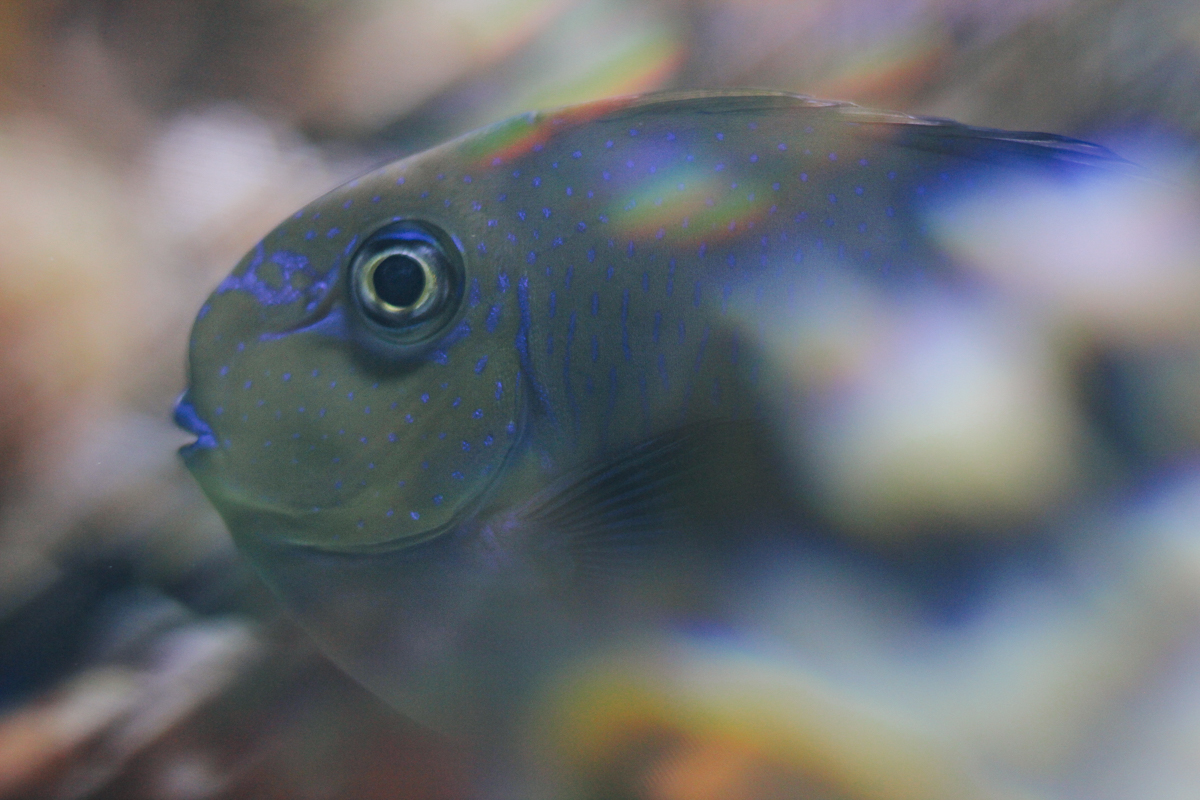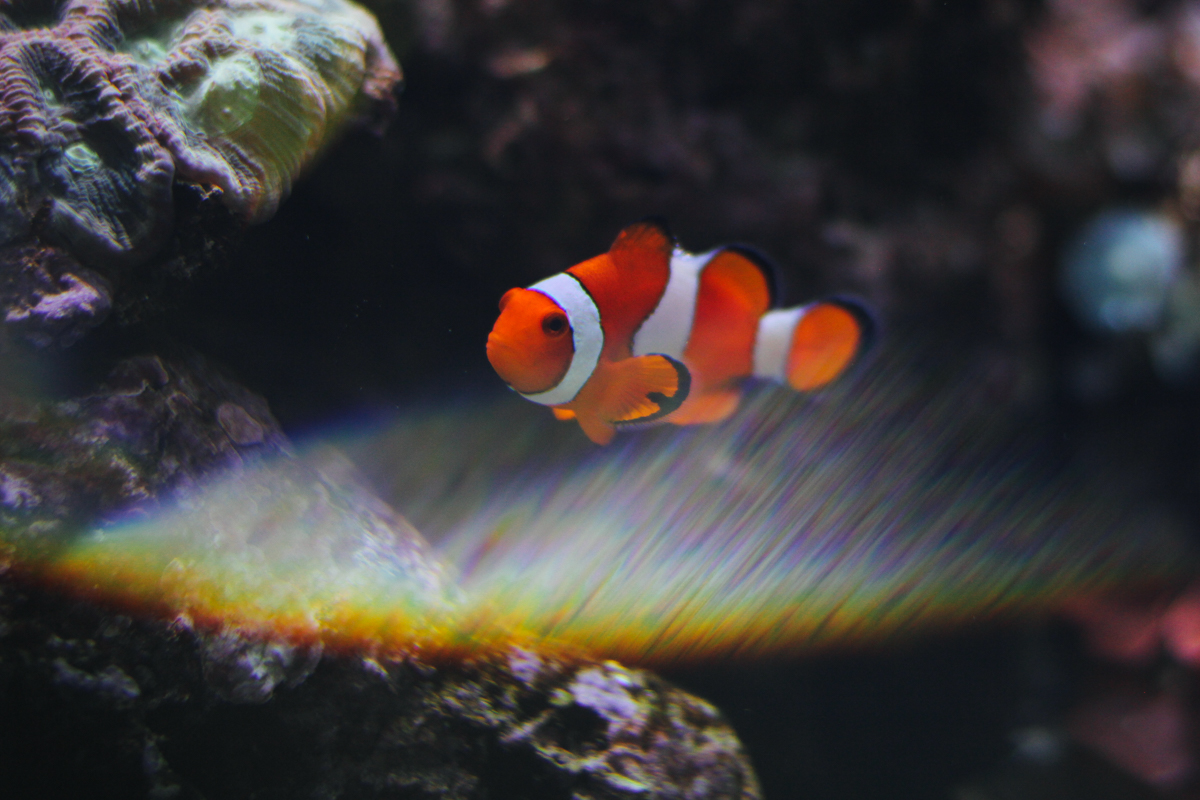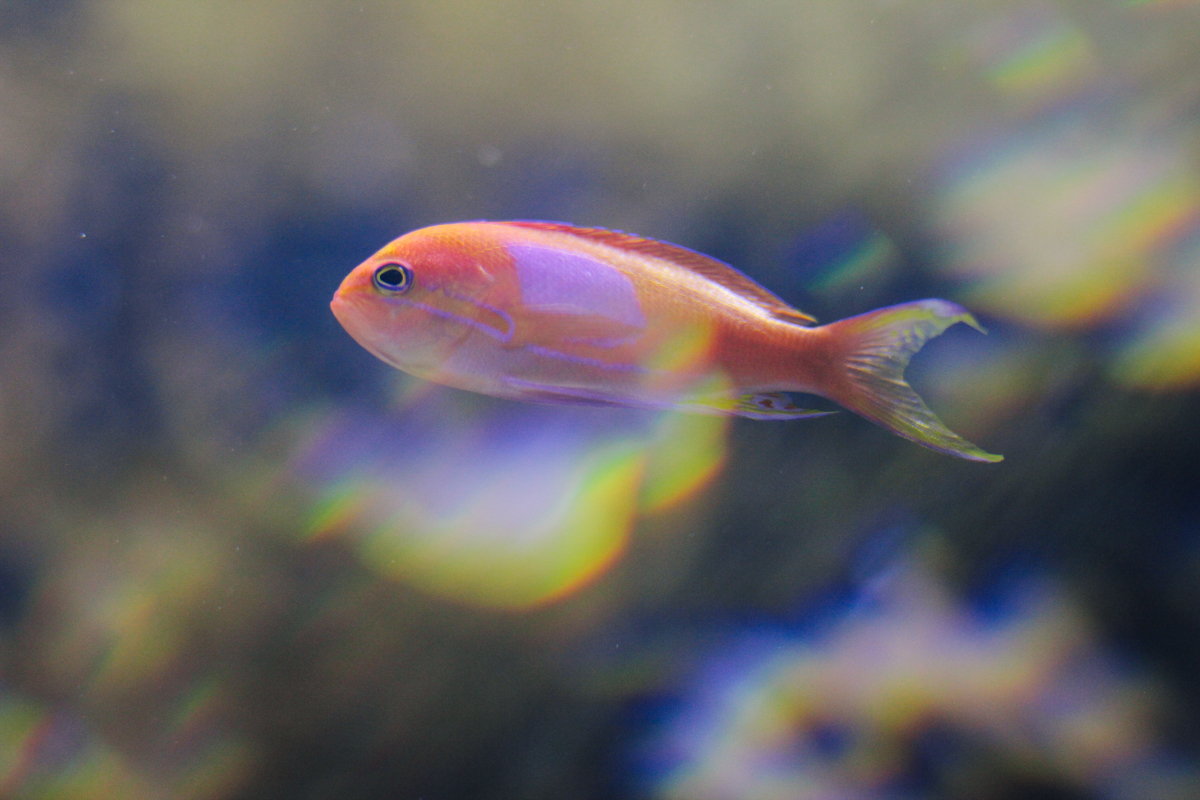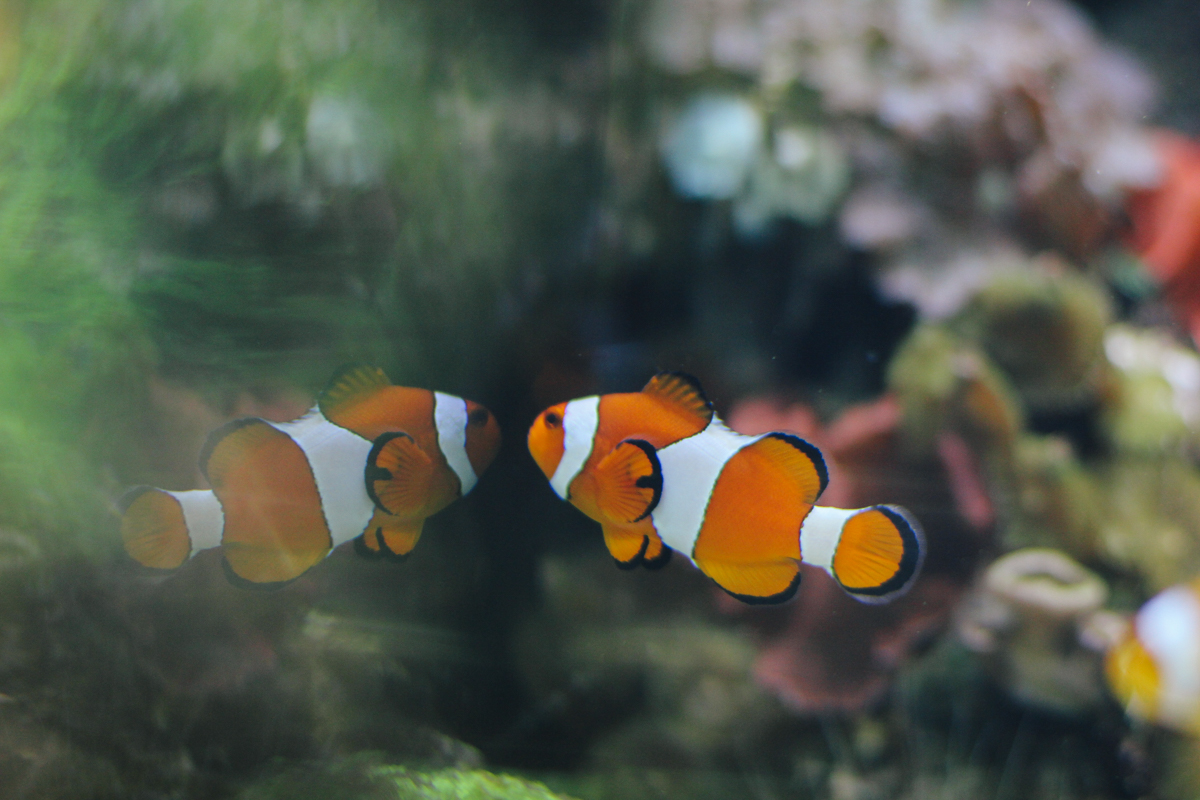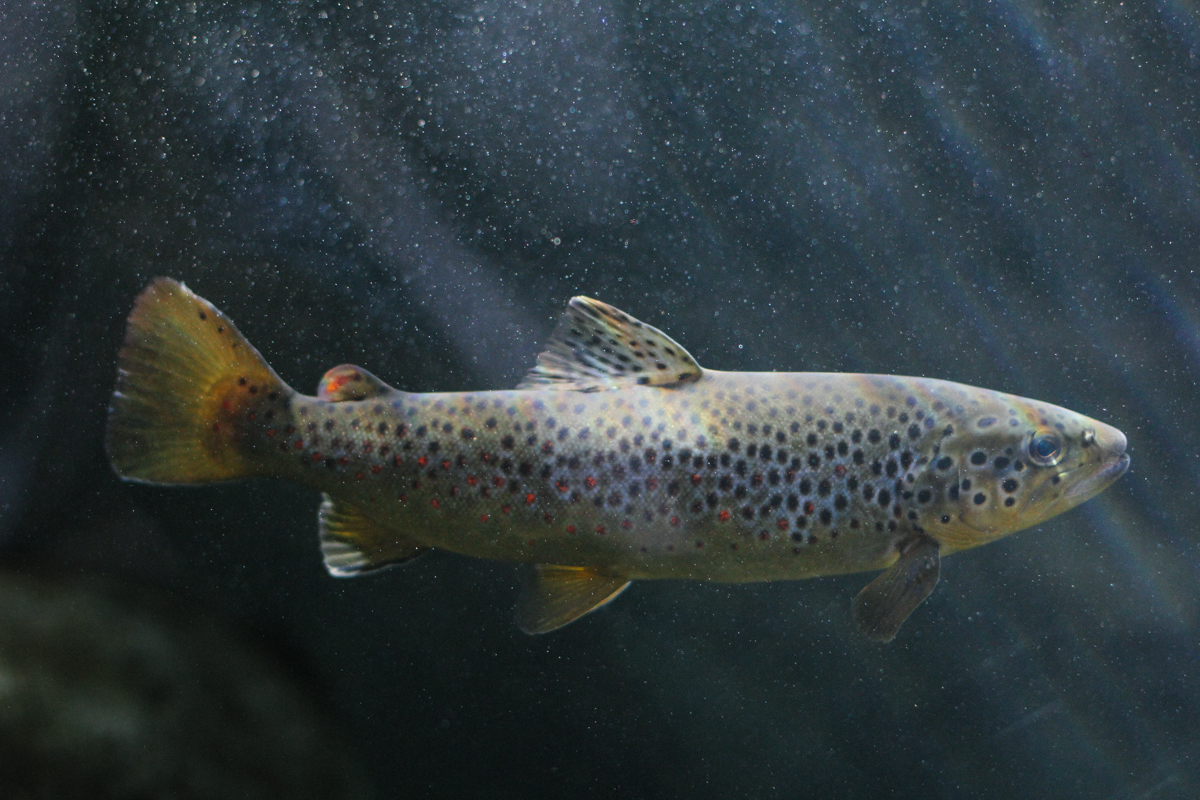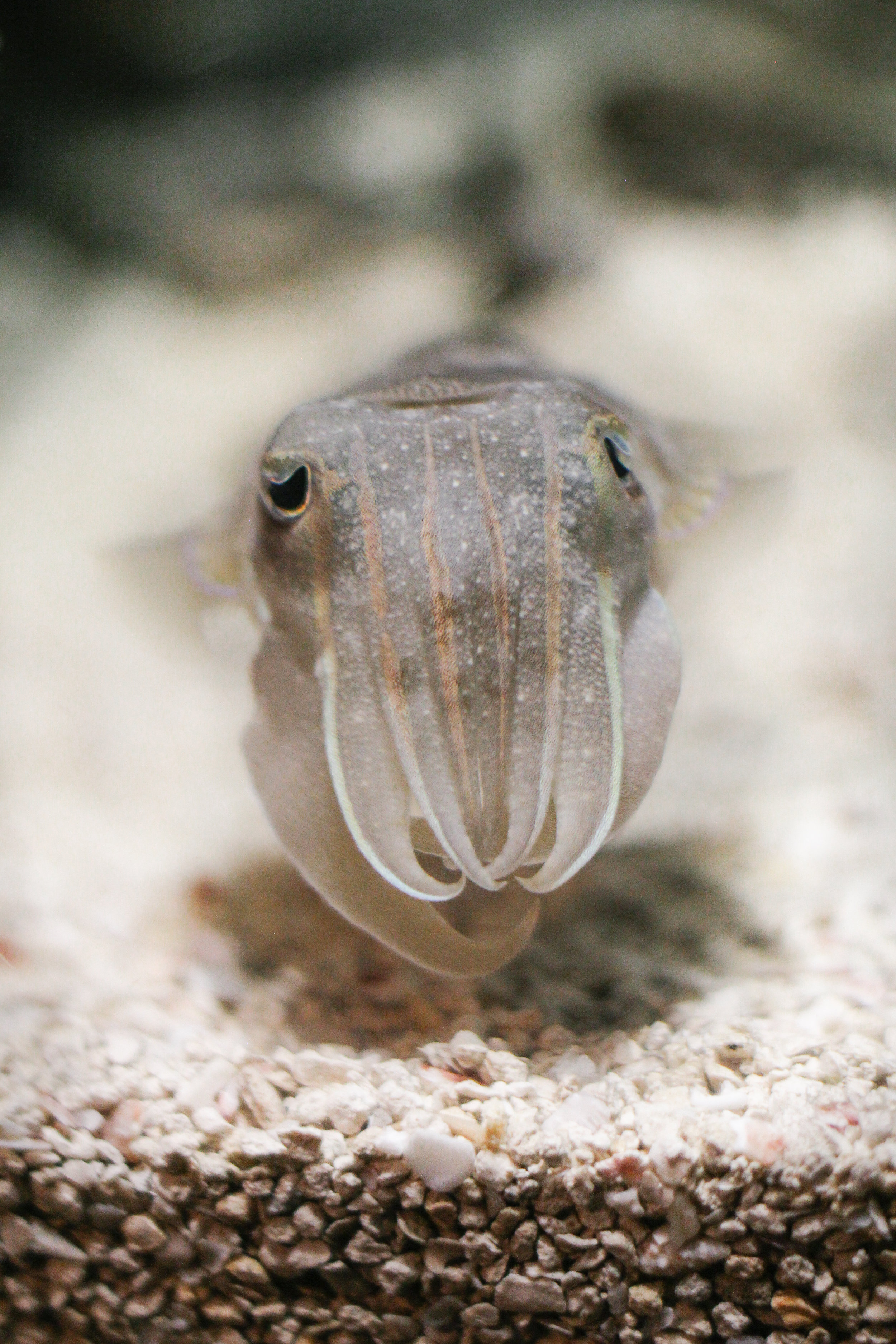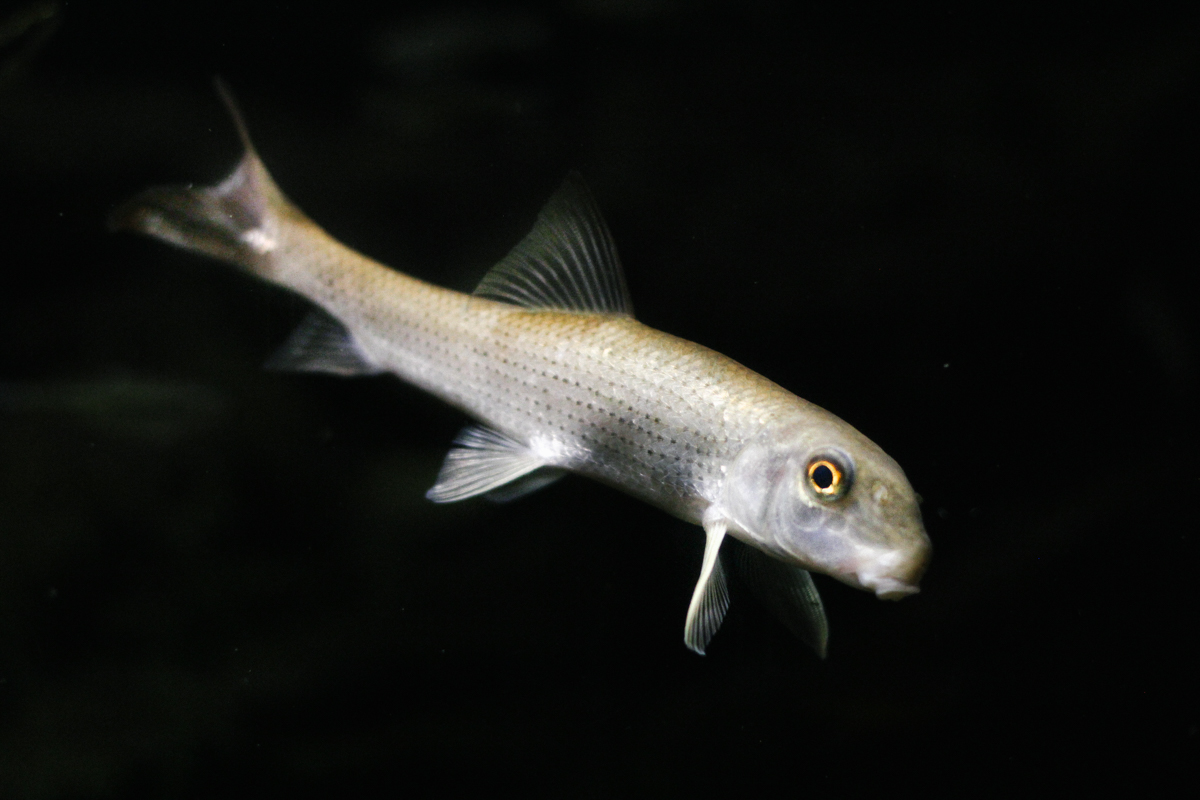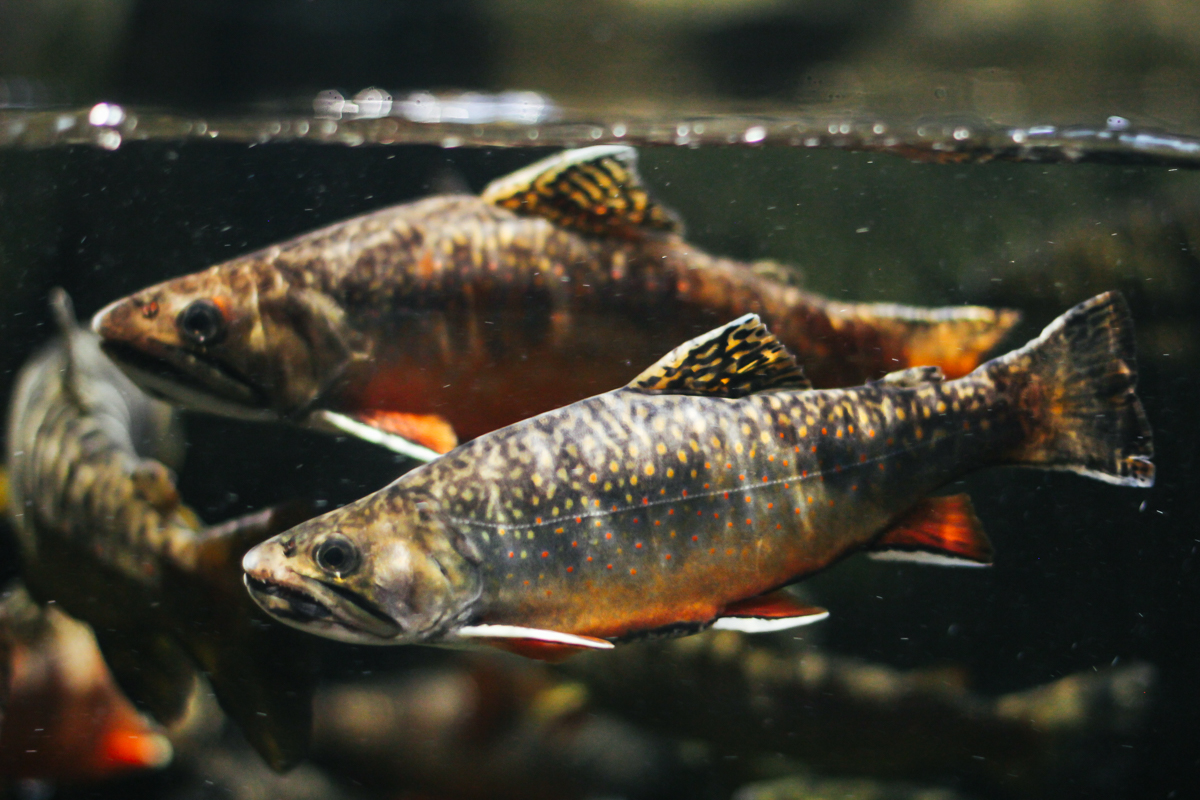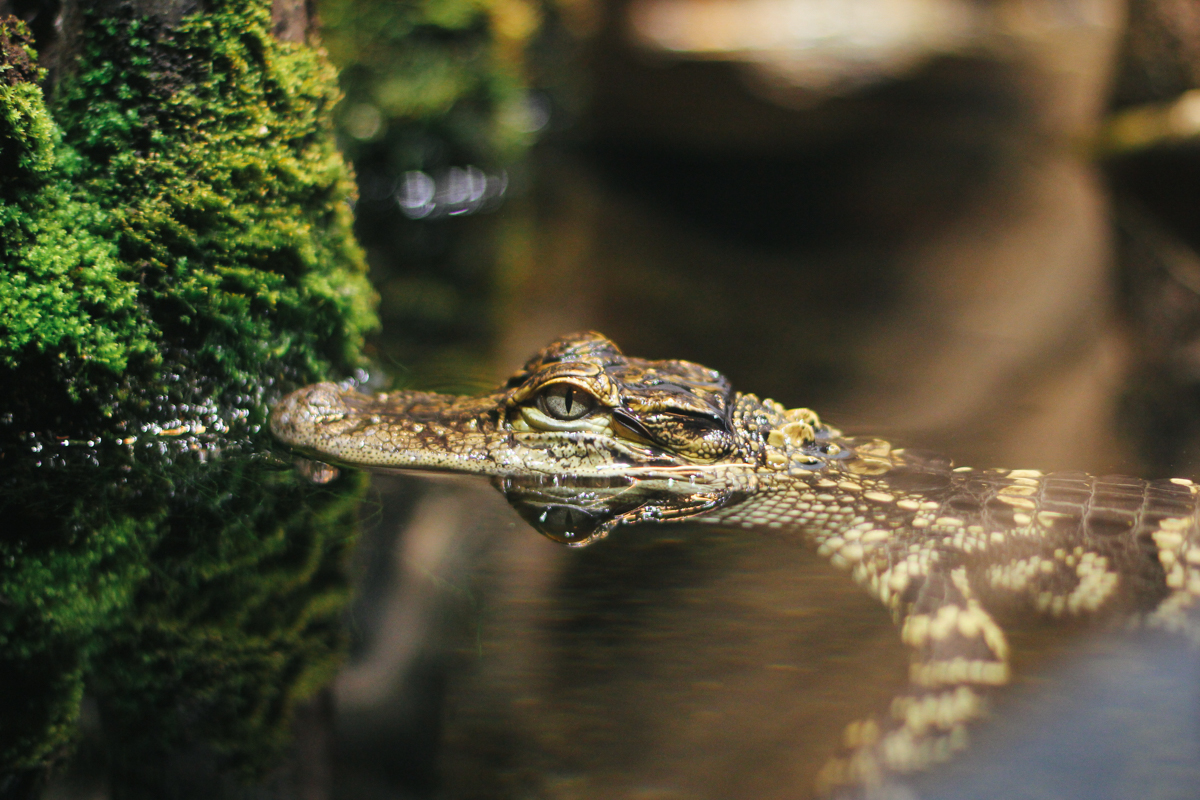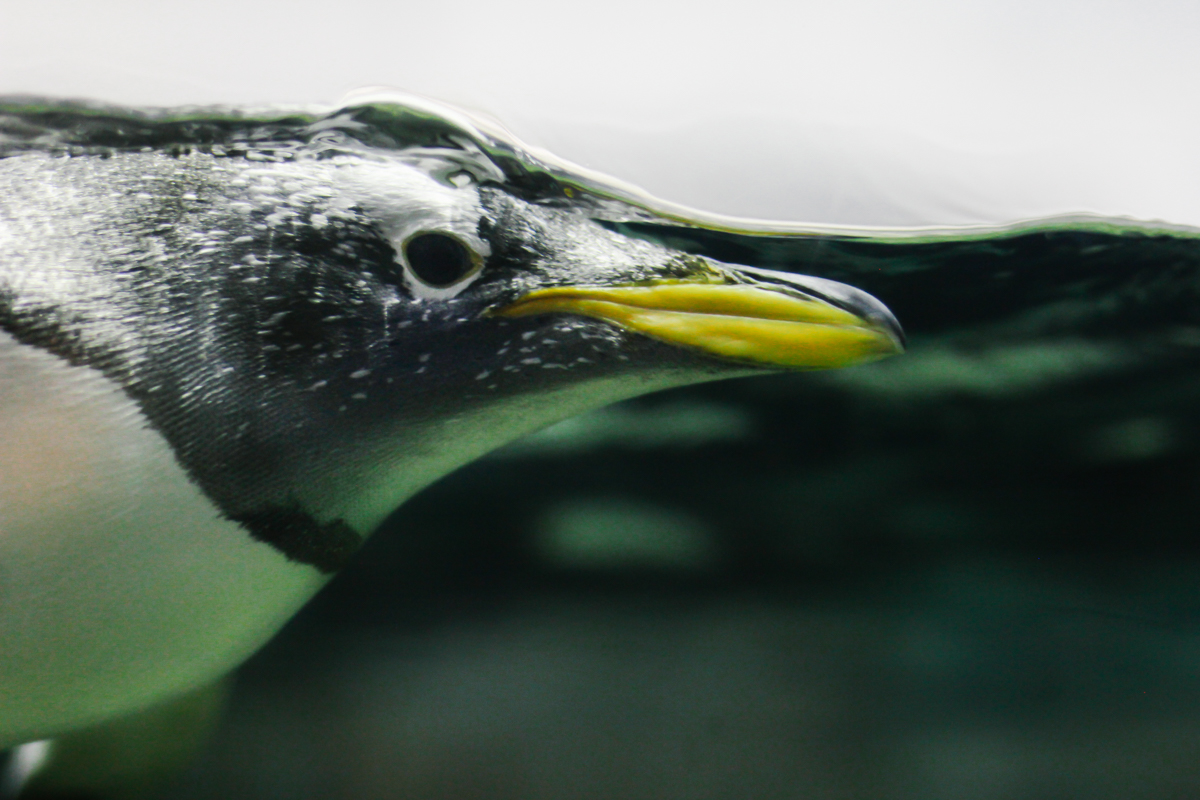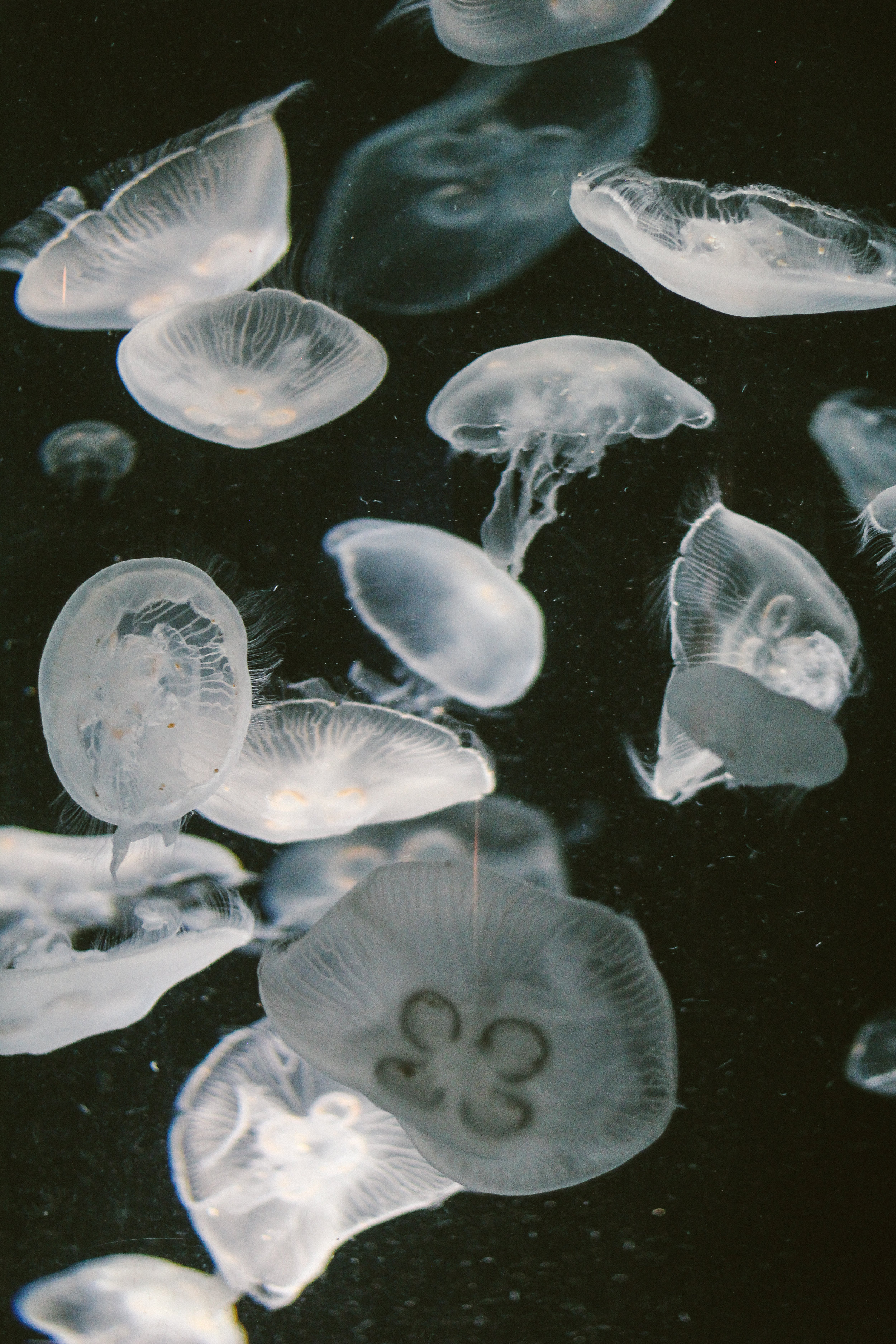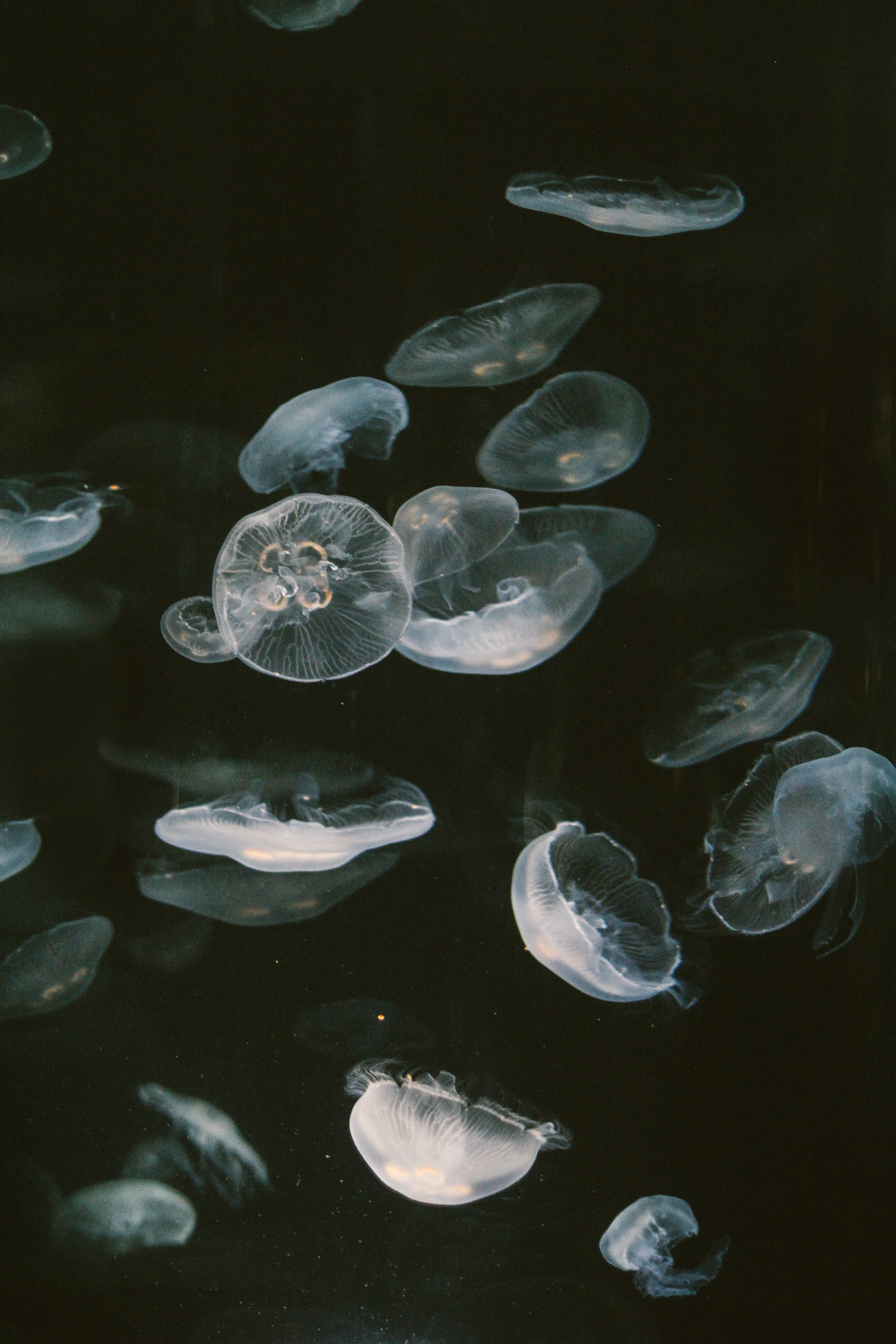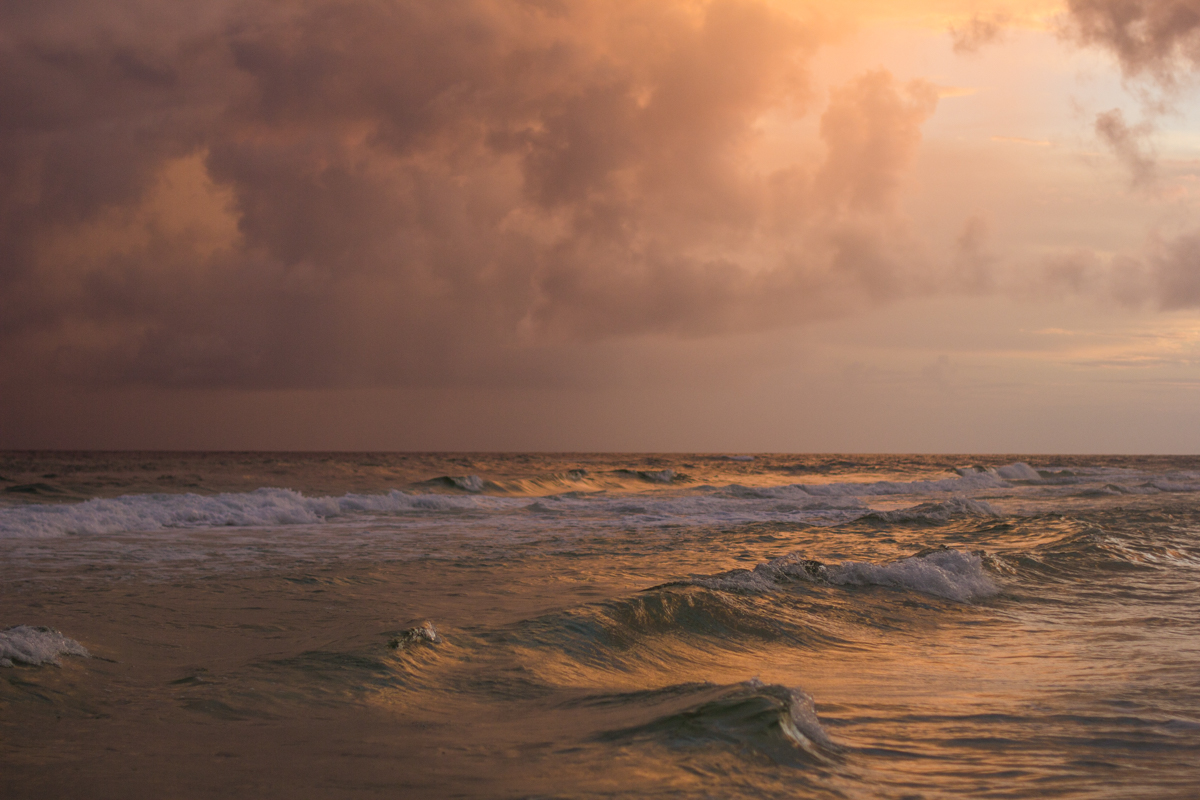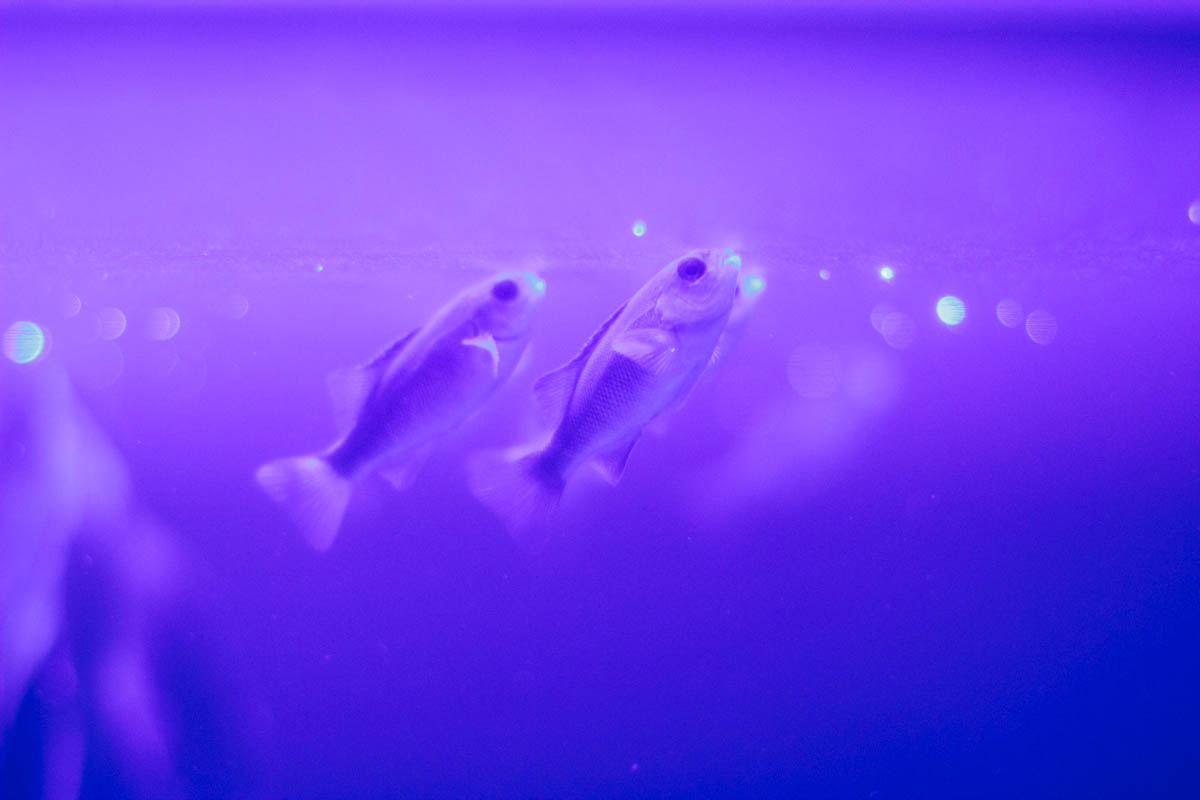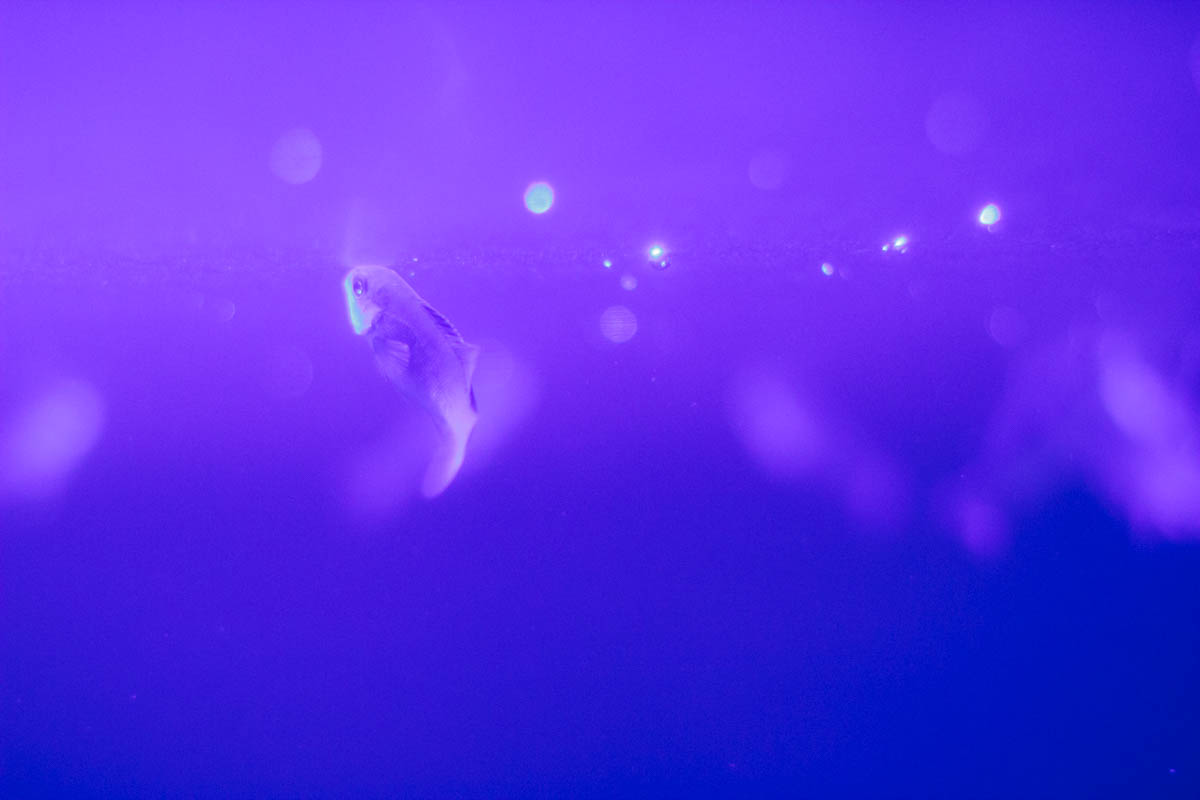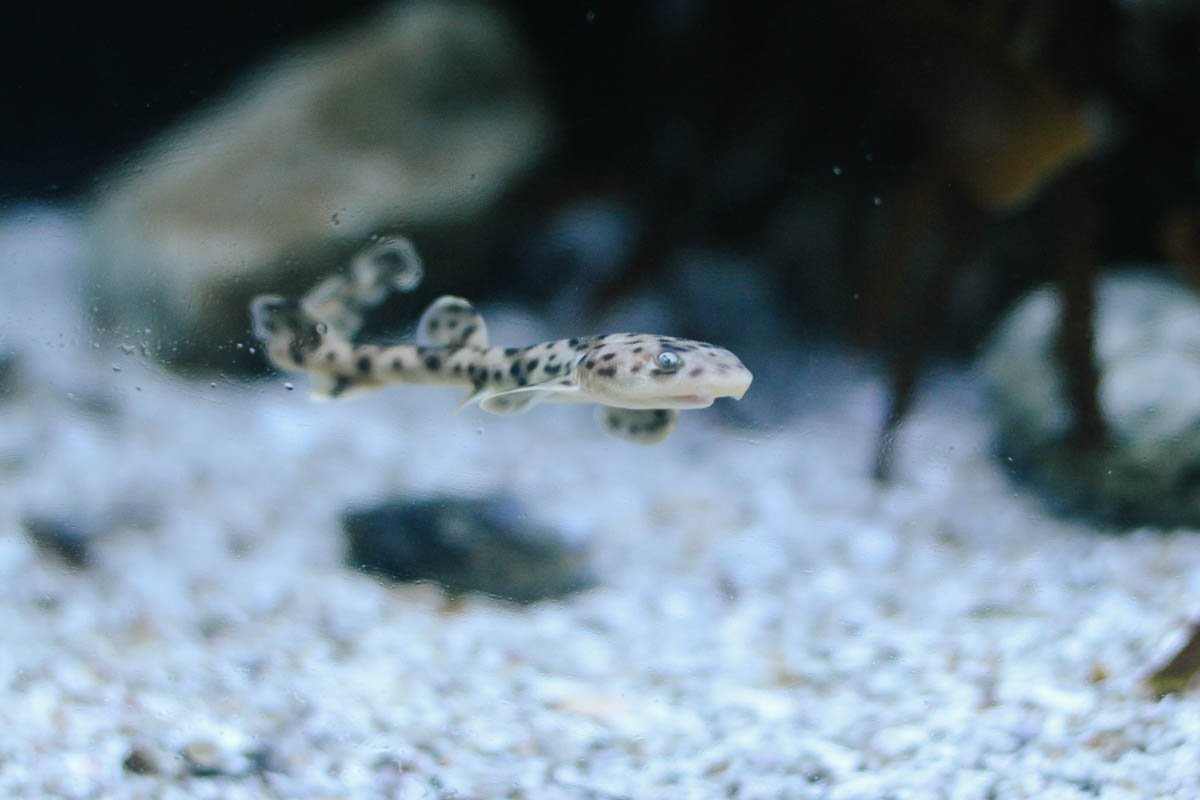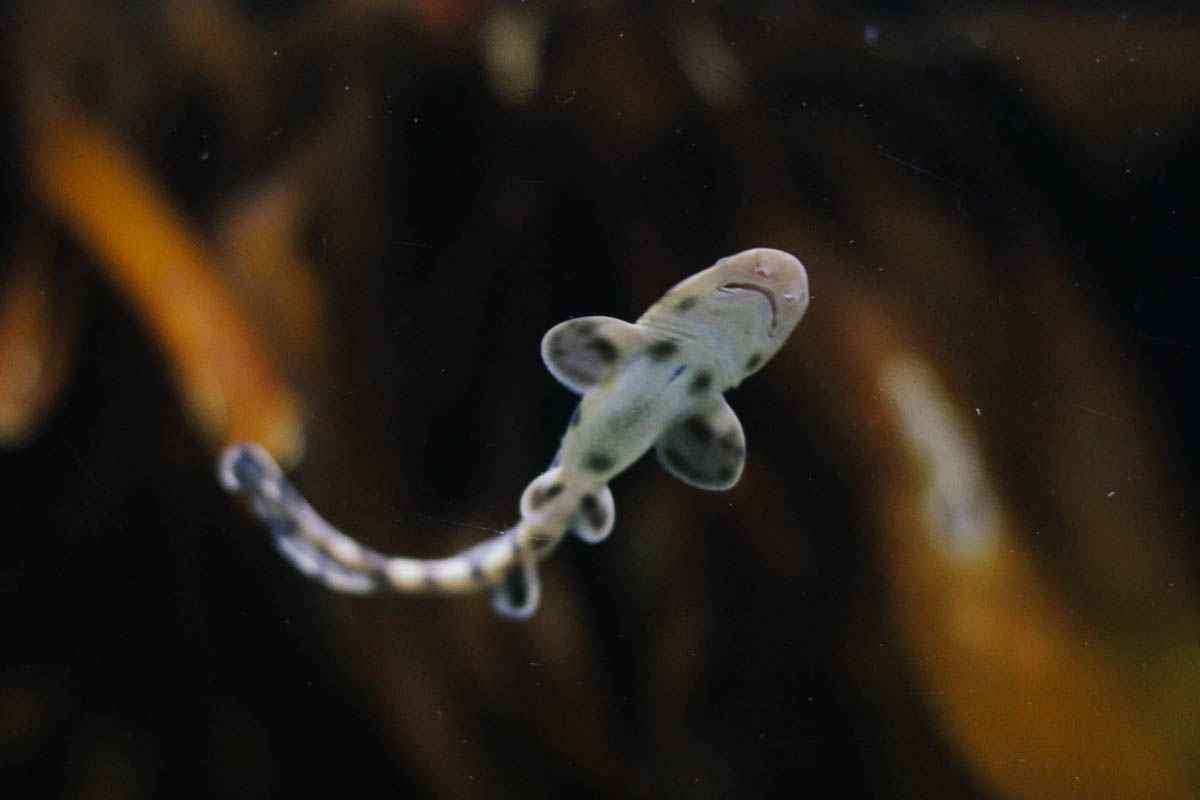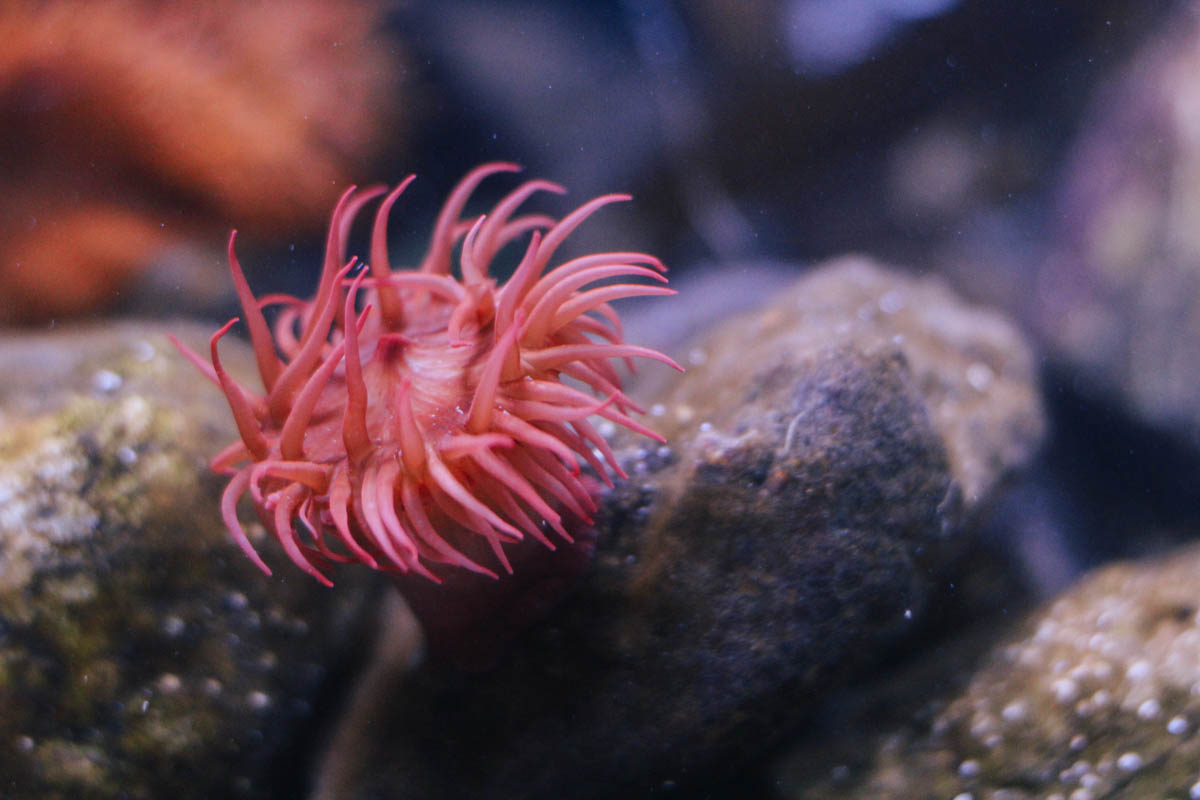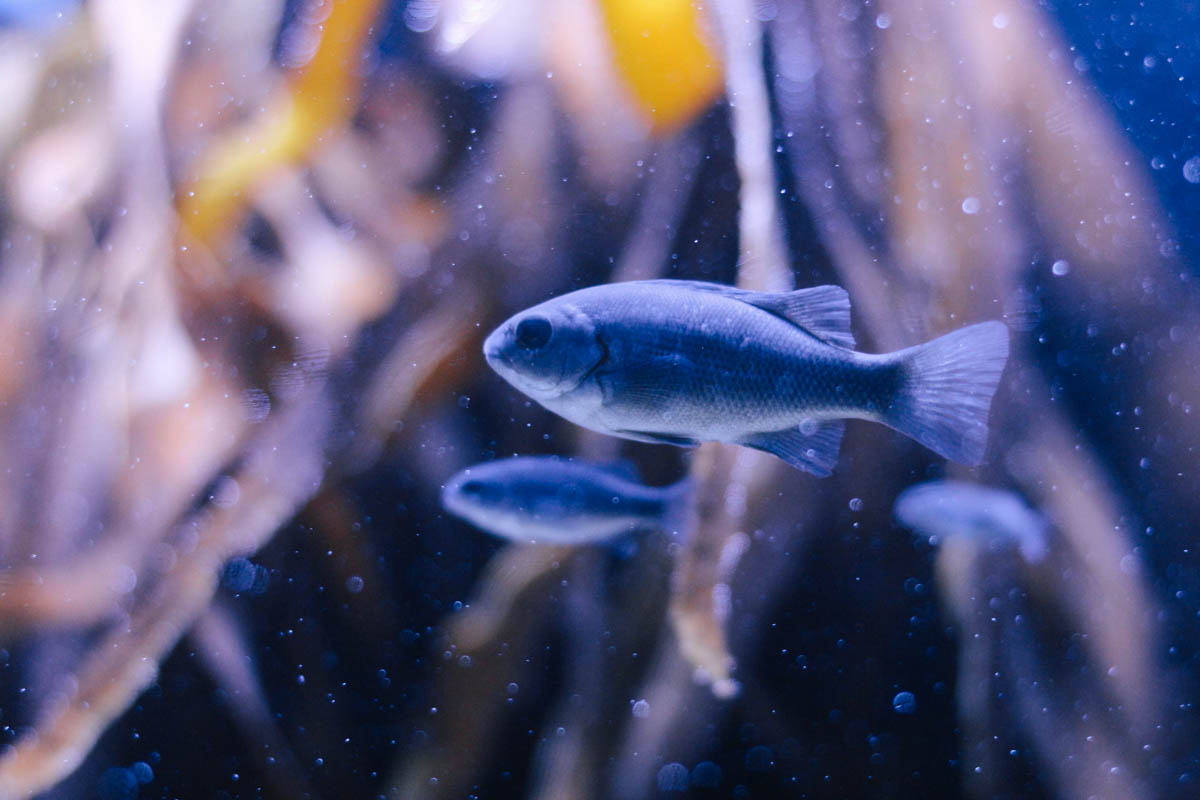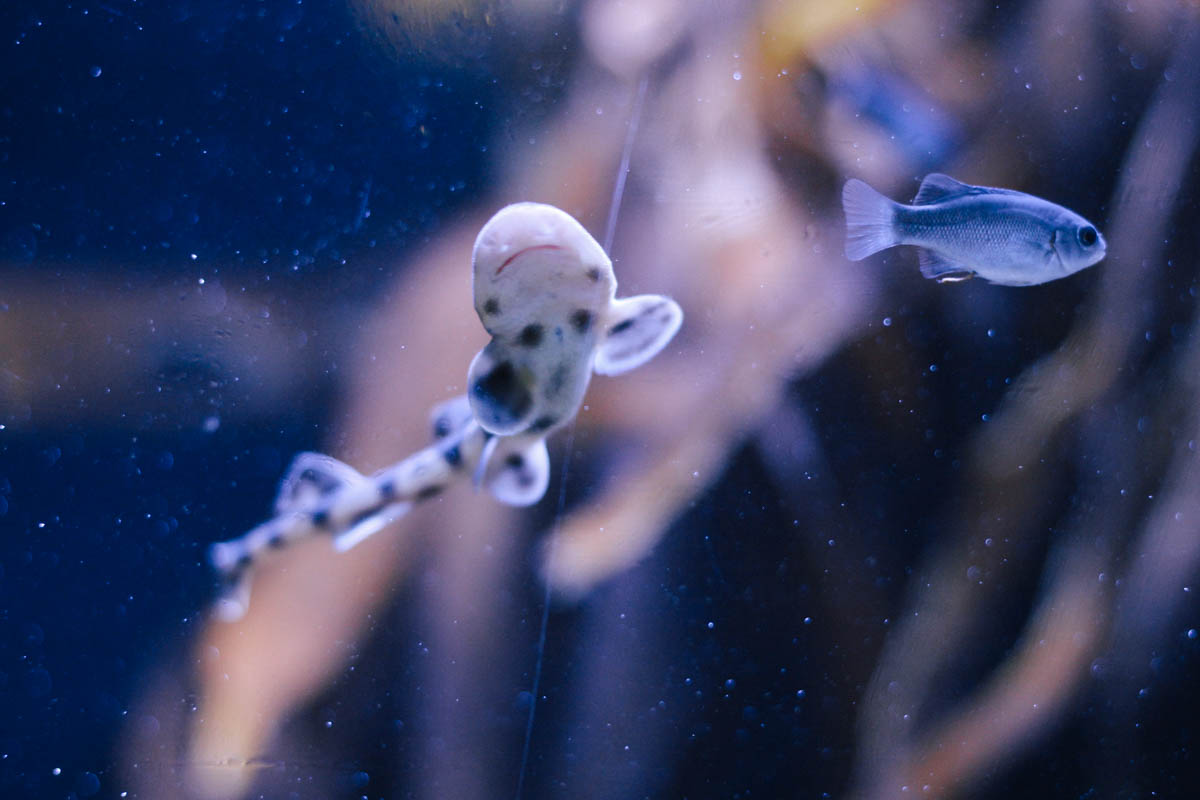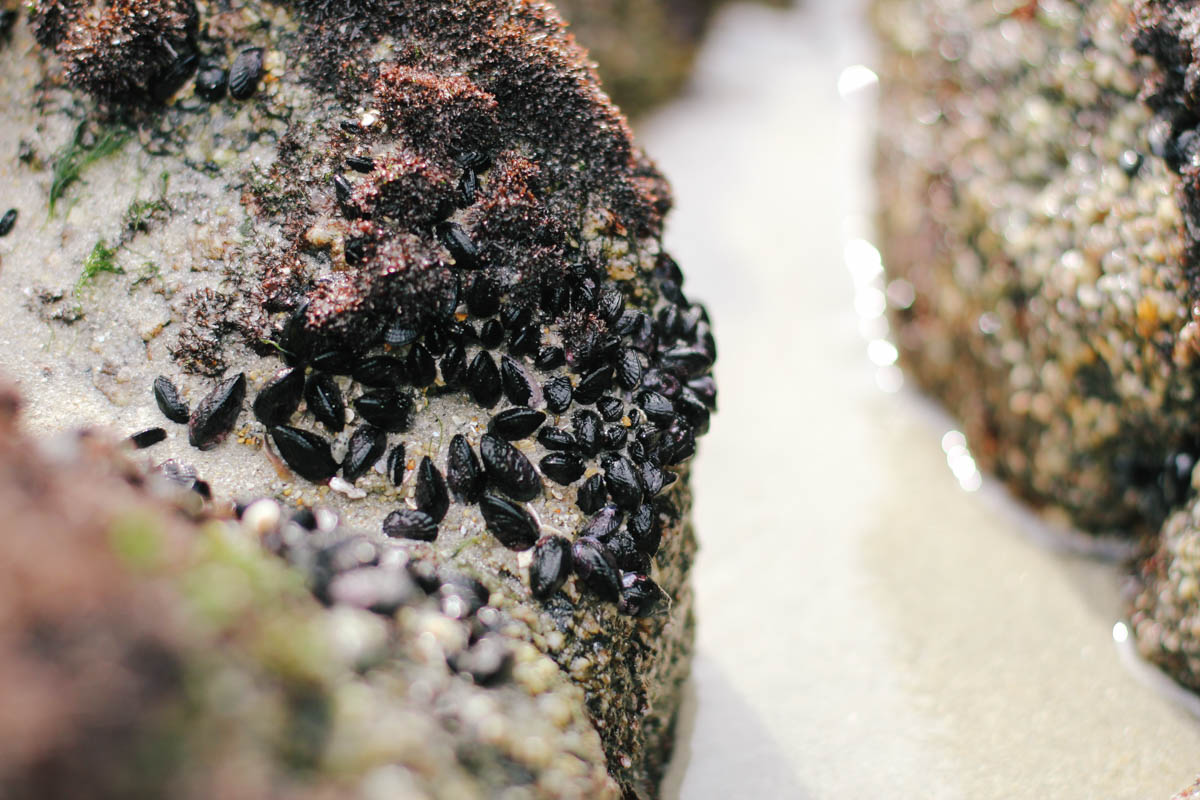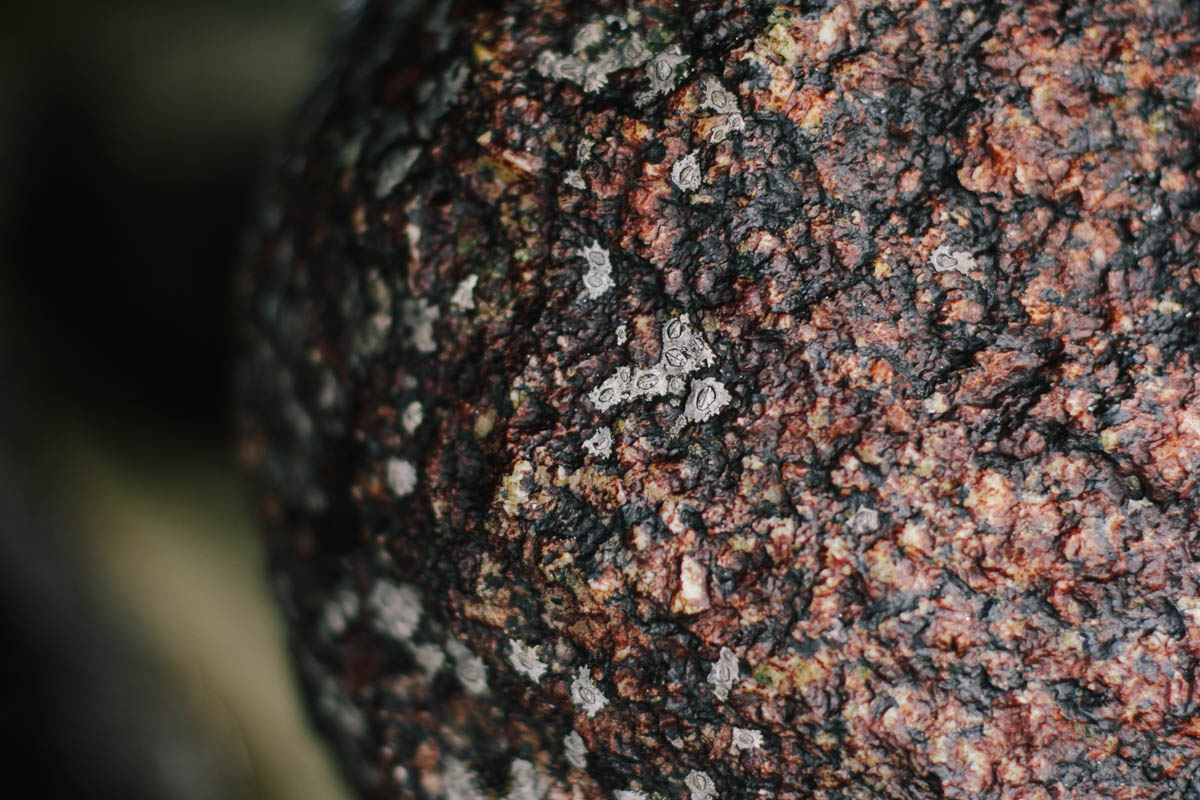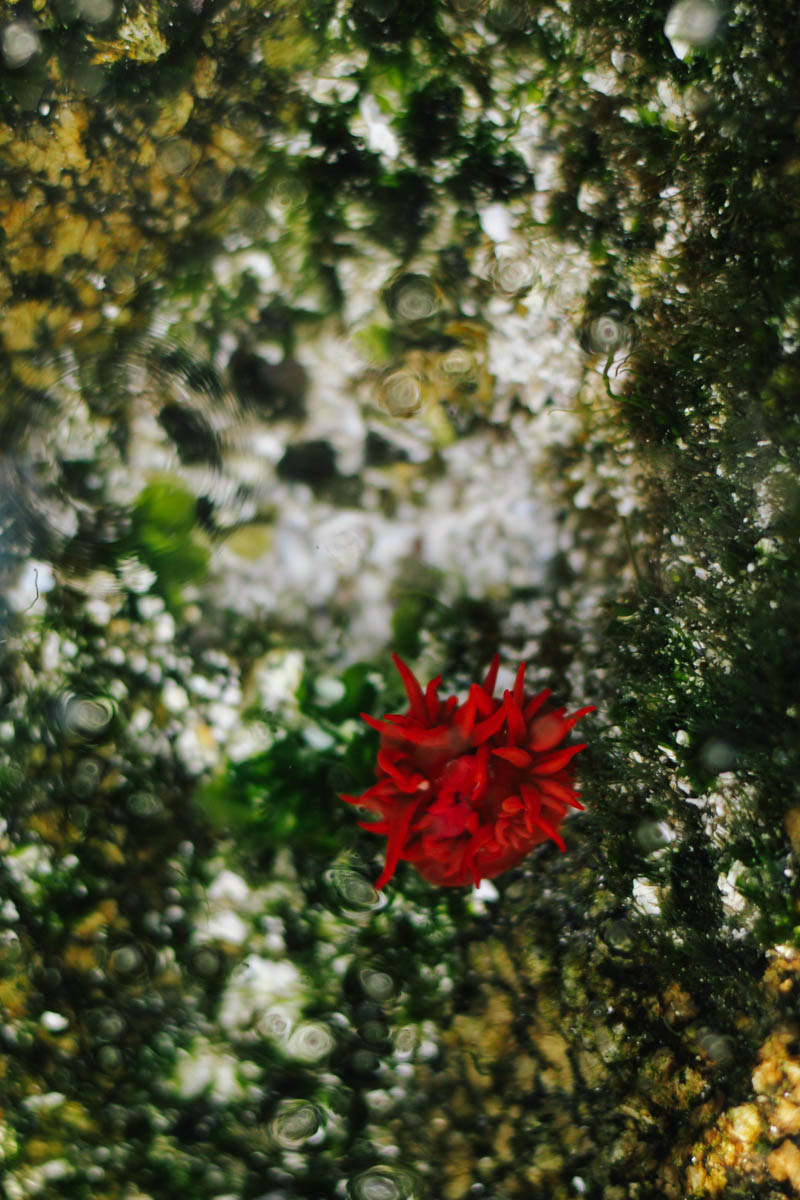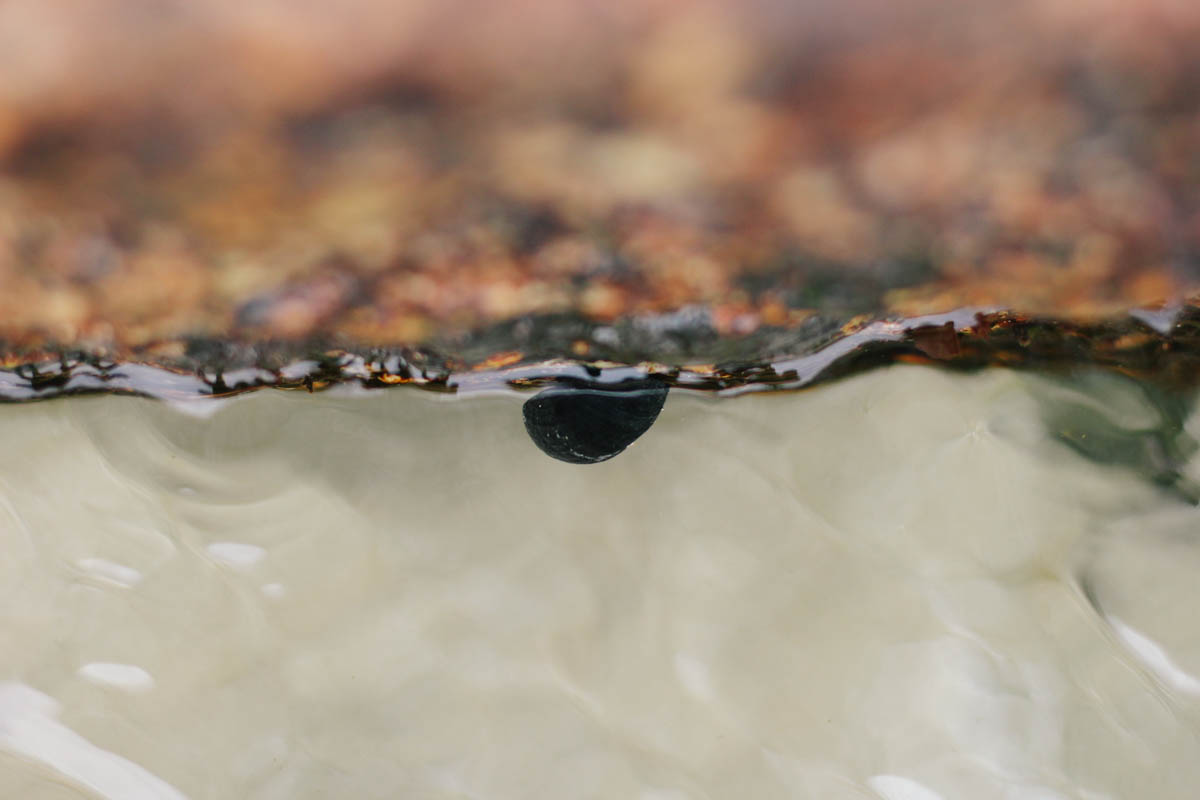The sea is vast, magnificent and beautiful, and yet it is so misunderstood. I think that this is perhaps one of the biggest reasons that so many people want to become a marine biologist. It's certainly one of the reasons why I've dedicated my life to the pursuit of this field of study.
Unfortunately, there is a great deal of misunderstanding and bias surrounding the field. While it is extremely competitive and not for the faint of heart, it is a career worth pursuing and you CAN do it, but you have to approach it the right way. I've inevitably had a lot of people ask me questions about marine biology or ask me for advice, and while I am no expert as I haven't even finished my degree yet (one more semester!), my hope is that I can share with you some of what I have learned over the past few years and some of what I have learned from others who have been doing this far longer than I have.
So how do you become a marine biologist?
You have to be serious about it
Probably the most frequent response I receive after I tell someone that I am a marine biologist is, "Oh, I used to want to be a marine biologist" often followed by "but I couldn't do the math/science classes, I'm not smart enough." First of all, don't put yourself down like that. You are more capable than you realize. Secondly, as off-putting as this may sound, anyone with that kind of attitude is not likely to make it as a marine biologist. There are so many people trying to get into this field for so many different reasons, meaning there are a lot of people fighting to get into the same programs and jobs. You really have to want it and you have to be really serious about it. Unfortunately, at least in the United States, marine biology seems to be one of those careers that people turn to when they don't know what else they want to do with their lives. People wrongfully assume that it is easy. I want to be the first to tell you that it's absolutely not. You have to work for it, you have to really want it. You have to take difficult classes, you have to seek out opportunities that will make you a better scientist, and you have to get your feet wet. Heck, you may even work harder than all of the med students. This isn't something you can have a passing interest for, you have to be ready and prepared to work your tail off to get yourself out there. Is it a lot of work? Yes. But is it worth it? That's for you to decide. For me, this is worth everything, and maybe it is for you, too.
Read a lot of publications
People tend to cringe when I tell them this. Publications can be intimidating and often very dry, so they leave a bad taste in people's mouths if they don't know how to approach them. I like to think of publications as a tool and a companion. They can give you ideas for your own research or suggest different techniques for conducting a certain research project, and they can be incredibly helpful guides especially when you first start out. They can also teach you a lot of valuable information, especially if you are focused on a specific area of research. As much as they scare you, read them. Take them slow, and don't expect to understand them completely the first read through. It may take a few reads to get them really figured out. Get yourself familiar with publications, and read them as often as you can. The more publications you read, the easier it becomes to understand them and get what you need out of them, and they won't be as scary. Publications can give you so much information about a topic and reading them can also give you an idea of how to write your own when the time comes. There are so many people in my undergraduate courses who have no idea how to write a lab report or mock publication because they have simply never read any publications. Get a head start on your peers and read publications, it will be well worth your time and you will learn so much from them.
Take lots of classes, including ones not directly related to marine biology
You should be open to learning, and that means taking as many courses as possible. If you want to know more about what you're studying, take as many classes about it as you can and really try to learn from those classes. Of course you should take courses related to marine biology and your specific interests in the field, but you should also include other seemingly "unrelated" courses, too. Courses like General Physiology, Cell and Molecular Biology, and Physics may make your head spin, but as much as they may appear "useless" to you at the time, they will really aid your understanding of how everything fits together. Plus, these classes are especially helpful when applying for graduate school because graduate schools understand the importance of these classes, too. You may not enjoy them nearly as much, but they really are for your benefit.
Keep up with news and information in the field, and read up on the subject
It is very advantageous to keep up with what is happening in the field so you have an idea of the research that is currently being conducted and who is conducting that research. Follow marine biologists, marine societies, or marine not-for-profits on Twitter. Read the articles they post. See what current problems are arising and what is being done to salve them. This is also a good way to maybe spot a scholarship or two!
You can also read books on the subject and watch documentaries about the ocean. If you're like a sponge and try to soak up as much information about the ocean as possible, you will find it so much easier to understand the sea and develop good questions that can be pursued through research.
Pursue the thing YOU want to pursue
If you really are serious about being a marine biologist and you already know what you want to study, then go for it! Do you want to study sharks? Great! What about algae? That's awesome! Ultimately it is your life and you should pursue the things that you want. If you want to study whales and dolphins, by all means do so. I am so sick of the quite frankly incredulous stigma attached to marine mammal research right now. I cannot tell you how many times I've heard professors, students, and other people say "That person just wants to go play with the dolphins!" It's a relevant and fascinating field, and no one should ever bash on someone else's interests. Maybe you think studying algae or marine biochemistry is more important, but that doesn't mean that studying whales and dolphins isn't important, either. Get out there and study what you want! Fish, octopus, bivalves, deep sea critters, the seafood industry, there's a whole ocean out there and each subject is worth pursuing.
Most importantly, make sure that you want to pursue the research or interests that you are pursuing because YOU want to pursue them. So often I have seen people who had certain fields of interest suggested to them and they felt like they didn't have a choice and made themselves believe that they actually like this "interest." I've also seen people who just went along with whatever and kept saying that they wanted to work on the project that they just happened to be working on at the time and then changed interests as soon as they changed projects. My advice: Don't do either of these. This is something you will be doing for the rest of your life, so don't just settle. You might be reading this and feel like, "Oh no, that's me," but really there is no reason to worry. Early in your career is a good time to really hone in on what you want to do. Like I said earlier, read lots of publications, or even just read lots of literature about the ocean or watch nature documentaries. Go to your local aquarium, talk to the people who work there. What are you drawn to out of all of these sources? Some people aren't interested in a particular organism or ecosystem, but rather a question, and that's okay! But, you need to take time to figure out what you're interested in. Drifting can only get you so far, there are some places where you have to swim to keep yourself afloat. If you have taken the time to determine at least a little bit of what you're really interested in, you'll be able to make it.
Get your feet wet
Quite possibly the most important thing you can do, especially as an undergraduate student, is get experience. My understanding of the marine ecosystem, marine organisms, and marine research increased dramatically in a relatively short time period thanks to my research experiences, and these experiences truly helped me to grow as a scientist (and as a person). I know I would not be where I am today without those experiences and I cannot express enough how important it is that every aspiring marine biologist get at least a little field experience. You can find places locally or abroad that will be willing to take you on as an intern and give you valuable experience. "Well I don't live anywhere near the ocean." Not too big of a problem! I live in landlocked Tennessee at the moment, but I took an opportunity to travel thousands of miles to Chile to finally work with the sea. "But I don't have the money for it!" I don't, either. The only way I have been to Chile as many times as I have is because I have worked my tail off applying for grants because there was no possible way I could afford it on my own. Your university probably has grants they would love to impart onto you for your research, you just have to seek out those sources of funding. That is exactly what I did and I got exactly enough to do what I needed. Sure, I was on an incredibly tight budget and couldn't afford to go outside of that budget (that included my food budget, too), but I made it work, and you can too, I promise! If your university doesn't have the funds, there are plenty of other outside sources to apply to. I'm currently applying to as many outside grants as I can find to continue my research in Chile next year, so I can promise you the funds are out there, you just have to apply. "I'm not sure where to look." My opportunity literally fell into my lap, so yours may not be so easily found but it is not an impossible feat. A quick Google search can bring up places actively seeking out undergraduates willing to apply. Keep an eye on your university email, sometimes professors will send out opportunities they hear about or your university itself will have a program. That's exactly how I got my foot in the door for Chile. If venturing out of your current home doesn't appear to be the best option at the moment, there are still ways to get experience, don't fret! Volunteer at your local aquarium or zoo (zoos usually have some kind of aquatic aspect to them). If even that is not possible, try to find anything related to aquatic research. You can apply a lot of the same ideas and techniques used for freshwater research to marine research, so even working in freshwater systems will be incredibly beneficial to you.
Getting experience also allows you to know whether or not you are where you need to be. If you're still a little unsure about being a marine biologist, experience will help to solidify everything for you. It may be as simple as showing you what projects you are interested in or even if you want to continue down this path at all. I have known people who sought out research experiences and realized that either they didn't care for the type of project they were working on and that their efforts were better aligned elsewhere in the marine world or that they didn't even really want to be a marine biologist. This is valuable information, and it's better to know it sooner than later.
~
Chances are, if you have made it to the end of this, you are serious about becoming a marine biologist. Congratulations to you, it's an exciting thing! Being a marine biologist is a lot of hard work and you really have to be diligent about it, but it is such a rewarding and exciting field. You're entering an incredible field complete with people who come from all sorts of backgrounds with a varieties of different interests. It's a great place to be, should you be willing to accept the challenge.



